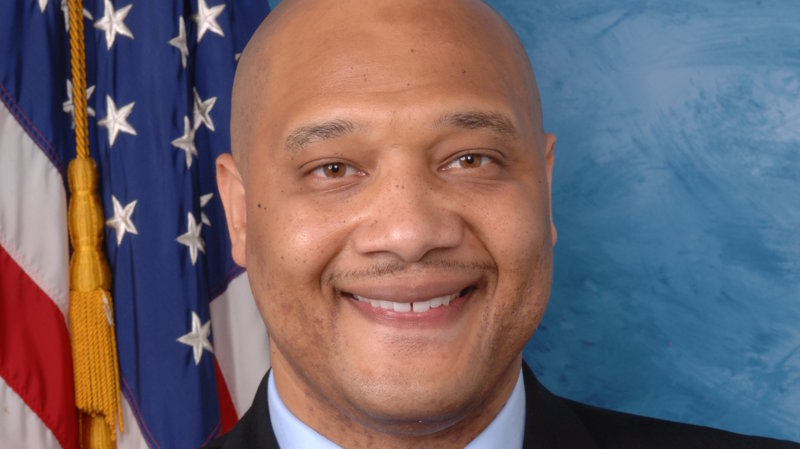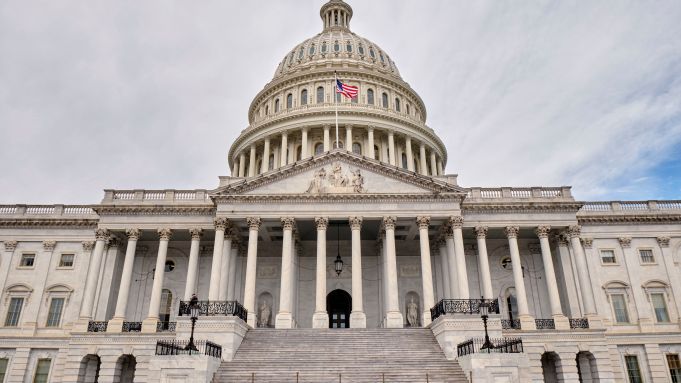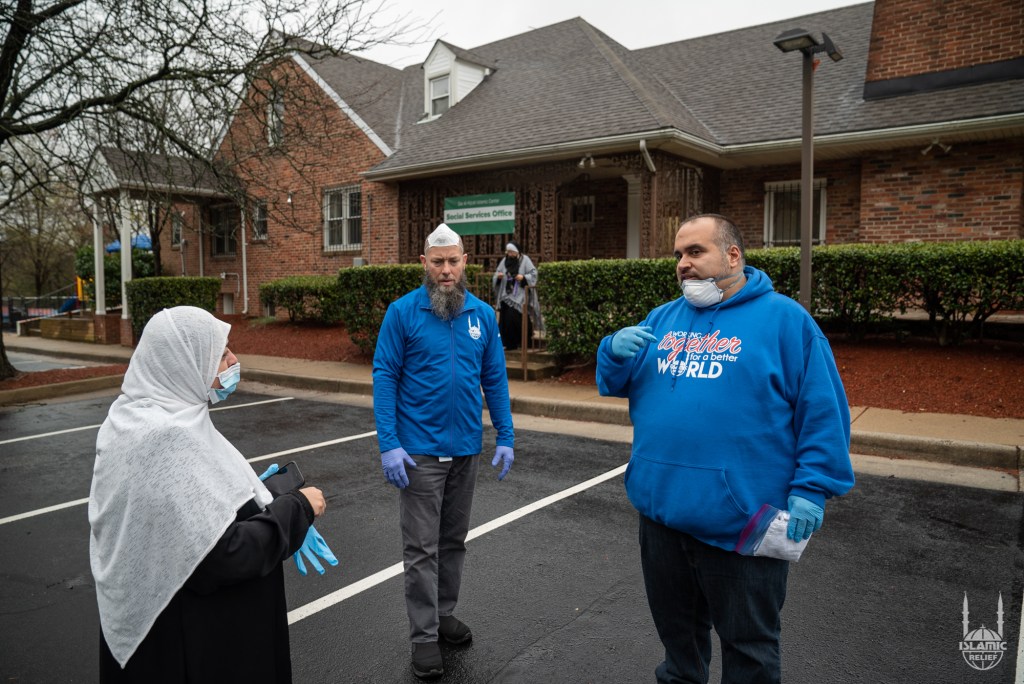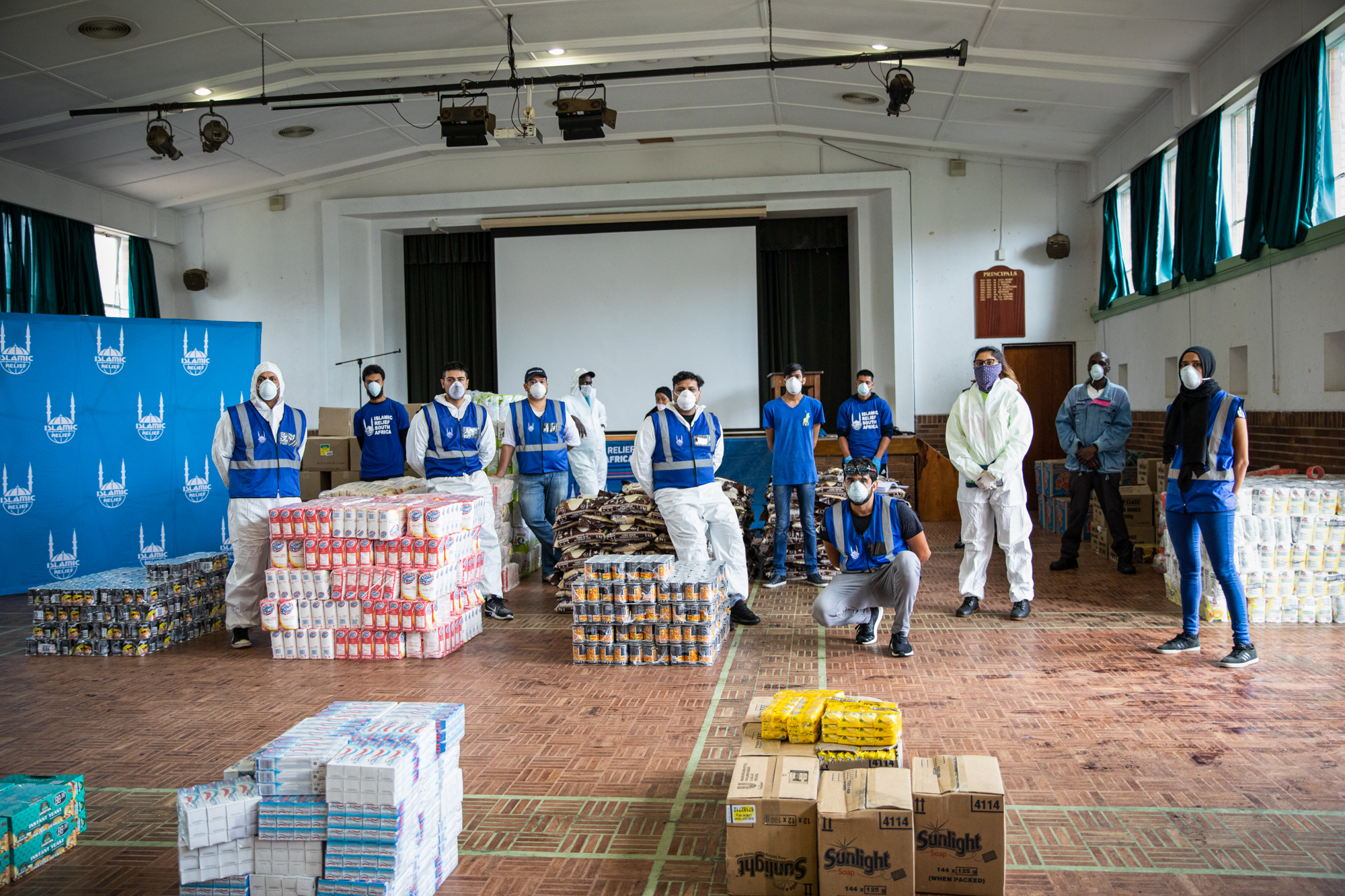
One-on-One with Congressman André Carson
Indiana representative provides a window into policy decisions in the pandemic

A Sliver of Hope
Indiana Rep. Andre Carson (D-7) said on Wednesday, April 8, that he hopes to have another bill of the CARES ( Coronavirus Aid, Relief, and Economic Security) Act enacted to address some of the issues that weren’t included in the first round.
The CARES Act is a $2.2 trillion stimulus bill recently passed by Congress to address the various social and economic aftereffects of the coronavirus outbreak (formally known as COVID-19) that have brought much of the worldwide economy to a standstill. The holding pattern has caused record unemployment (more than 10 million have already filed claims), business and school closures, event cancellations, and widespread concerns/worries about making ends meet.

What This Bill Will Do
The hallmark of the CARES Act is a stimulus check of $1,200 that is expected to be sent to all taxpayers making up to $75,000. Other aspects of the CARES Act include funding increases for social safety net programs like unemployment insurance, the Supplemental Nutrition Assistance Program (SNAP), and loans to businesses of various sizes.
In a recent 40-minute webinar with Islamic Relief USA, Carson said he was generally pleased with the CARES Act, and pointed out one part of it that enabled faith-based institutions to qualify for some financial help under the bill. Nonetheless, more assistance is required.
High Hopes for the Congressman
He hopes the next CARES bill will look into providing assistance for sole-proprietor businesses (barbers are an example of this), community health centers that treat some of the most vulnerable populations, assisted living facilities, and the needs of some minority populations who have historically experienced chronic illnesses. He mentioned how diabetes, hypertension and asthma — are especially prevalent in the African-American community. Recent news articles have highlighted how the African-Americans have seen a disproportionate number of deaths and positive cases stemming from COVID-19.
In addition, Carson said the next bill should address the need to provide additional resources to children for whom remote learning is impractical, mostly due to limited family incomes and lack of access to computers and reliable WiFi connections. Schools all across the country have closed, forcing teachers and students to conduct lessons online. However, not all students have Internet access or the technology to facilitate learning.

Important Note
While the first CARES ACT did include a $16 billion infusion for SNAP, many food security advocates believe more action is necessary. Islamic Relief USA, for one, supports a recent bill that calls for increasing the per-meal allocation for SNAP from $1.35 to $1.55, as well as hiking the minimum monthly SNAP balance from $16 to $30.
Carson said he has long appreciated IRUSA’s work in increasing food security for populations in need, adding that he has generally seen an increase in the collective spirit among people at large. For Muslims, that spirit of helping is nothing new, he said.
“There is this commitment to public service and giving back,” he said. “This is our time to shine. Our faith teaches us to give back to the less fortunate.”




